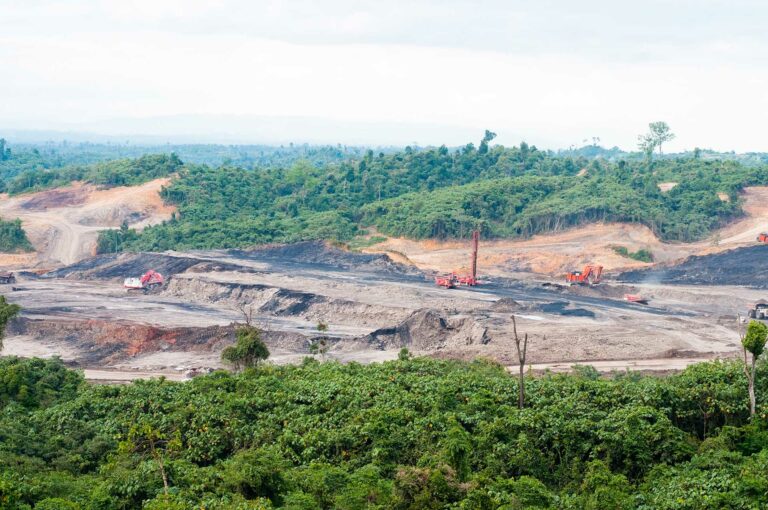Regional courts, such as the Inter-American Court on Human Rights (IACtHR), and European...
The right to the enjoyment of the highest attainable standard of physical and mental health is a fundamental right of every human being.
Article 12 of the International Covenant on Economic, Social and Cultural Rights (ICESCR) requires states to take measures to protect and promote the right to health, including by making efforts to prevent foreseeable harms caused by climate change.
Climate change poses a serious threat to both physical and mental health. Rising temperatures and changing weather patterns can exacerbate existing chronic conditions, increase the transmission of infectious disease, worsen air quality, and threaten food and water security. The Committee on Economic, Social, and Cultural Rights recognizes that climate change constitutes a “massive threat” to the enjoyment of rights, including the right to health, and has repeatedly noted that “failure to prevent foreseeable human rights harm caused by climate change, or a failure to mobilize the maximum available resources in an effort to do so, could constitute a breach of … obligation.”
As temperatures continue to increase, so too will the global health burden of climate change. These impacts will weigh disproportionately on already vulnerable and marginalized groups, including women, children, poor communities, migrants or displaced persons, older people, and people with disabilities. Equitable promotion of the right to health will therefore be a critical line of defense in any effective effort to adapt to the impacts of a changing climate.
Many countries have made commitments to take action to adapt to climate change, including improving health systems; developing cooling strategies in homes, workplaces, and community centers; developing climate-resilient infrastructure; implementing water conservation measures; diversifying crops; and investing in disaster preparedness, including early-warning systems.
Photo Credit: An army officer helps to distribute masks to car passengers driving through the city of Palangkaraya, Central Kalimantan. Smoke caused by wildfires in Indonesia – largely due to ‘slash and burn’ agricultural practices – not only contributes to air pollution and health problems, but also releases significant amounts of carbon dioxide into the atmosphere. Photo by Aulia Erlangga/CIFOR (CC BY-NC-ND 2.0).
More reading...
The principle of a just transition ensures that climate mitigation and adaptation are...
“The right to a clean, healthy and sustainable environment is a human right...
As governments and companies are transitioning from fossil fuels to renewable energy, minerals...
The Paris Agreement states that: Parties shall cooperate in taking measures, as appropriate,...






